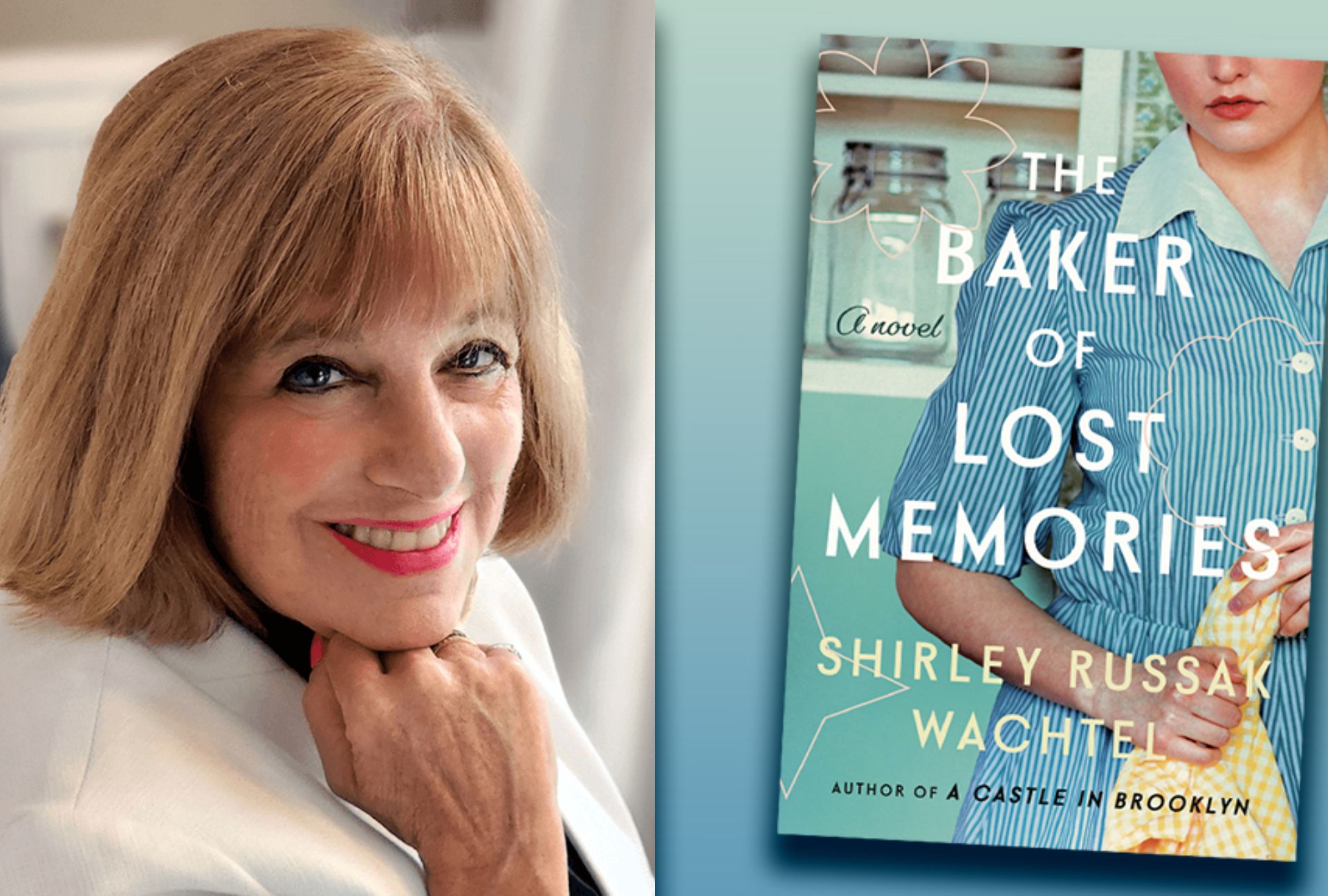Unpacking Generational Trauma Through Historical Fiction: Middlesex College Professor Discusses Her Latest Novel
Shirley Russak Wachtel is a Middlesex College English professor and accomplished author who uses writing to reflect on her experiences as the daughter of two Holocaust survivors.

“I knew from when I was a little child that I always had a story to tell. Writers tell their own stories whether it seems like that or not,” said Shirley Russak Wachtel during an author talk at the East Brunswick Public Library. “Yes, it is fiction, but there’s always a little bit of truth in that.”
Wachtel grew up in Brooklyn with her parents, both Holocaust survivors who met in a displacement camp post-liberation. Her mother, one of eight children, worked in a bakery until she was taken off the street by the Gestapo and sent to a work camp. Her mother survived thanks to a guard named Gisela, who took her under her wing by teaching her how to sew and sneaking her extra bread rations. Wachtel’s father grew up in a ghetto where he was a runner for the black market, smuggling necessities like food into the community, until he was ordered to be sent to Auschwitz. He narrowly dodged the gas chambers by running to the work camp line while the guards were not looking.
It is easy to see where Wachtel gets much of her inspiration, as various details from her parents’ lives are reflected in the stories she writes. In her latest novel, The Baker of Lost Memories, published in June, the main character Lena works in a bakery and is inspired by Wachtel’s mother. Lena’s father Josef is a runner for the black market, as Wachtel’s father had once been.
“I never grew up with fairytales. The good fairy was Gisela, the woman who saved my mother, and the big bad wolf was Hitler,” said Wachtel. “Those were the stories that I grew up with with– from that I knew I was different from my Americana friends. And with that knowledge came an obligation on my part because I realized that life was so precious and I couldn’t take it for granted. I had to do something with my life. For me, that something was writing.”
The Baker of Lost Memories tells the story of Lena, a young girl growing up in Brooklyn in the 1960’s who aspires to be a baker like her mother was in Poland prior to World War II. Lena’s parents speak little of their experiences during the war, as well as the deceased sister that she never met, but the story traverses the emotional toll this takes on her. Wachtel shares that she was fortunate enough to have parents who were open about their experiences. Though she believes the impression her parents left on her was overwhelmingly optimistic, there were still distinct fears and psychological baggage that shaped how she navigated the world.
“As children, we all inherit things from our parents. It’s not always as simple as the color of your eyes or how tall you’re going to be. There are things we inherit that many of us aren’t even aware of,” says Wachtel. “The character of Lena is a child of survivors, but it doesn’t seem like she inherited much good from it. Even though she has a warm bed to sleep in, food every evening for dinner, and her parents are trying to give her everything. But yet, she senses that hole. The hole was left by a sister that she never knew.”
Learn more about Wachtel and her other publications: https://www.shirleywachtel.com/

